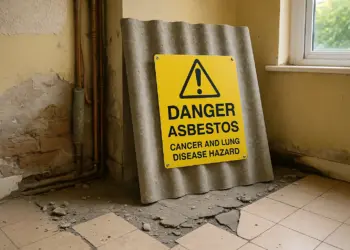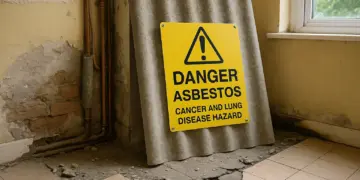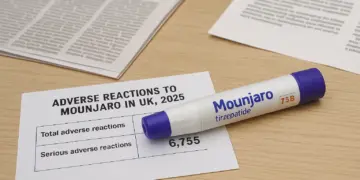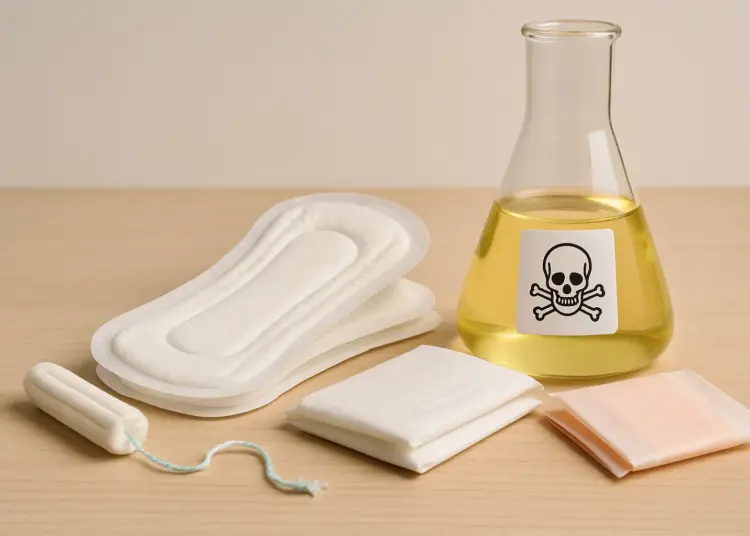Story Highlight
– Campaigners demand regulation of menstrual product safety.
– Toxic substances found in tampons and pads.
– Period products less regulated than candles in the UK.
– Chemicals linked to serious health impacts outlined.
– Petition for legislative change gains over 44,000 signatures.
Full Story
Campaigners are intensifying their calls for stricter regulations concerning the chemicals and metals present in menstrual products such as tampons, sanitary pads, and reusable alternatives. Over the past twenty years, numerous studies have indicated the presence of harmful substances in these products, with findings of toxic elements ranging from arsenic to biocidal silver. A recent investigation undertaken by the Women’s Environmental Network (WEN) and the Pesticide Action Network (PAN UK) revealed alarming levels of pesticides in tampons, measuring at 40 times higher than the acceptable limit for drinking water.
Helen Lynn, senior consultant and research fellow at WEN, highlighted the stark contrast in regulation between menstrual products and other consumer items. “Tampons are less regulated than candles,” she remarked. “While candles are governed by General Product Safety Regulations that mandate the labelling of certain heavy metals, menstrual products lack such requirements.” This regulatory oversight remains despite mounting evidence and public concern, with WEN positioning itself at the forefront of advocacy for necessary changes. “This is the tipping point,” Lynn asserted, stressing that without immediate intervention, a significant number of individuals will continue to be exposed to these substances monthly.
At present, menstrual products in the UK fall under the General Product Safety Regulations of 2005, which are designed to ensure consumer products are safe for use and accompanied by clear warnings about potential risks. However, WEN experts report a significant “regulatory vacuum” concerning the chemical safety of period products. There are currently no specific laws mandating manufacturers to disclose the ingredients contained within these items, nor are there any regulations preventing harmful chemical residues from being present in period products.
Concerns have been raised regarding the health implications of the chemicals and heavy metals discovered in menstrual products. Research indicates these substances can disrupt hormones and are associated with a range of serious health issues, including reduced fertility, various cancers, and gynaecological disorders. Endocrine-disrupting chemicals have been linked specifically to conditions such as endometriosis and uterine fibroids. For instance, a study published in 2019 identified phthalates in UK sanitary pads, which are often employed to enhance plastic flexibility and to prolong fragrance retention in cosmetics, yet have also been associated with fertility challenges.
Further complicating matters, a report released by Which? in 2023 indicated that some period pants, marketed as eco-friendly, contained silver-based treatments that serve as antimicrobials to mitigate odours. Despite these claims, the use of silver raises concerns as it may also eliminate beneficial bacteria on the skin. In addition, researchers reported finding significant levels of glyphosate, a widely used herbicide classified as “probably carcinogenic” by the World Health Organisation in 2015, in menstrual products.
The discovery of high levels of these substances in tampons raises alarming questions, particularly due to their potential for direct absorption through vaginal tissue into the bloodstream. As a result, campaigners are urging the government to implement regulations that guarantee the safety of all menstrual products regarding harmful residues. This includes calls for independent testing of products, legal requirements for manufacturers to disclose all ingredients, and ensuring that materials used in products provided in educational and public facilities are safe.
In March, Baroness Bennett of Manor Castle proposed an amendment to the Product Regulation and Metrology Bill, aimed at establishing regulations for period products within a year after the law’s enactment. While the amendment garnered substantial support in the House of Lords, it ultimately did not pass. Additionally, in June, Liberal Democrat MP Martin Wrigley submitted an Early Day Motion addressing the issue of harmful chemicals in menstrual products, advocating for mandatory transparency regarding ingredients.
A new petition spearheaded by WEN, seeking legislative measures to ban toxic chemicals and heavy metals in menstrual products, has secured over 44,000 signatures and will be presented to the House of Lords in the coming week. In response to these growing concerns, a spokesperson for the Department for Business and Trade remarked, “We are reviewing the need for further research and testing on period product safety ahead of launching a consultation on this issue shortly.” They added that any alterations will be approached on a case-by-case basis, with parliamentary agreement necessary to ensure that the UK continues to lead in product regulation while safeguarding both business interests and consumer safety as part of their Plan for Change.






















These findings are worrying and justify urgent action. Menstrual products are used repeatedly and for long periods so any contamination with pesticides heavy metals or endocrine disrupting chemicals cannot be dismissed as trivial. Regulation should require independent testing set strict limits and mandate clear labeling so users can make informed choices. A consultation is welcome but must lead to firm standards rapid implementation and routine surveillance rather than prolonged review. In the meantime public guidance on safer product options and support for further research into health impacts would help reduce risk.
This is long overdue. Products used in direct contact with sensitive tissue should be subject to strict safety standards and independent testing. Clear labeling of ingredients, routine monitoring for pesticides and heavy metals, and accessible data from accredited labs are basic protections. A focused regulatory review that closes current gaps, sets exposure based limits, and enforces compliance would reduce avoidable risks and restore public confidence.